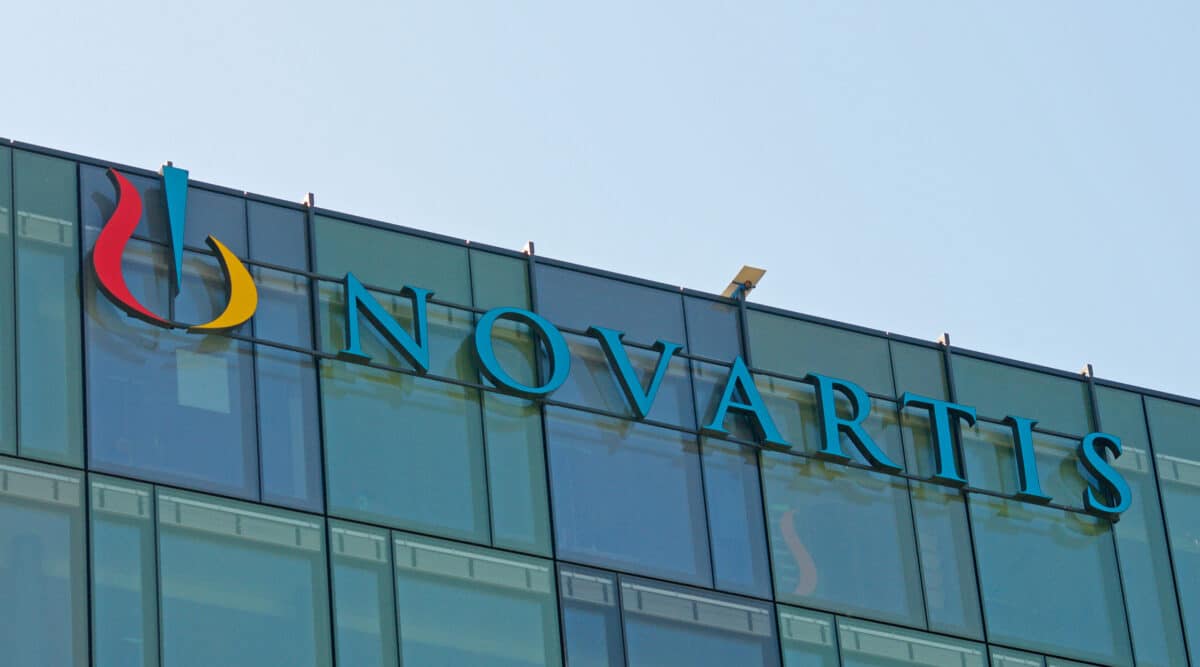Last week the FDA approved a new ORAL specialty therapy, Vijoice (alpelisib) from Novartis Pharmaceuticals, indicated for breast cancer patients with evidence of mutation in the PIK3CA gene. Vijoice is a PI3K inhibitor that treats PIK3CA-related overgrowth spectrum (PROS) (a term for the rare condition that causes blood vessel abnormalities and overgrowth of tissue.)
Prior to this approval, the only treatment options for PROS were surgery or interventional radiology. Sold as the blockbuster drug Piqray (approved for breast cancer in 2019), alpelisib will be marketed under the brand name Vijoice for severe manifestations of PROS in adults and children two years of age or older. Available dosages of Vijoice differ from that of Piqray. Vijoice is the only drug specifically approved for the condition.
The recommended alpelisib dosage for pediatric patients (2-18 years of age) is 50 mg taken orally. The recommended dosage for adult patients (≥ 18 years) is 250 mg taken orally.
Novartis priced Vijoice at a wholesale cost of $32,500 for a 28-day course of therapy.The cost for Piqray oral tablets is around $19,555 for a 28-day course.
Given the rarity and cost of PROS it is expected that Vijoice will launch into limited distribution.
CLICK HERE to access Vijoice prescribing information
CLICK HERE to access Piqray prescribing information
—————————————————————————————
FDA approves alpelisib for PIK3CA-related overgrowth spectrum
On April 5, 2022, the Food and Drug Administration granted accelerated approval to alpelisib (Vijoice, Novartis Pharmaceuticals) for adult and pediatric patients two years of age and older with severe manifestations of PIK3CA-related overgrowth spectrum (PROS) who require systemic therapy.
Efficacy was evaluated using real-world data from EPIK-P1 (NCT04285723), a single-arm clinical study in patients two years of age and older with PROS who received alpelisib as part of an expanded access program for compassionate use. Eligible patients had clinical manifestations of PROS that were assessed by the treating physicians as severe or life-threatening and necessitating systemic treatment and had documented evidence of mutation in the PIK3CA gene. The efficacy of alpelisib was evaluated in a total of 37 patients with at least one target lesion identified on imaging performed within 24 weeks prior to receipt of the first dose.
The major efficacy outcome measure was the proportion of patients with radiological response at week 24 as determined by blinded independent central radiology review, defined as a ≥20% reduction from baseline in the sum of measurable target lesion volume in up to 3 lesions confirmed by at least 1 subsequent imaging assessment. Duration of response was an additional efficacy outcome measure. Of the 37 patients included in the efficacy population, 27% (95% CI: 14, 44) had a radiological response at Week 24. Among responding patients, 60% had a response lasting 12 months or longer.
The most common (≥ 10%) adverse reactions occurring in patients were diarrhea, stomatitis, and hyperglycemia.
This review used the Real-Time Oncology Review (RTOR) pilot program, which streamlined data submission prior to the filing of the entire clinical application, and the Assessment Aid, a voluntary submission from the applicant to facilitate the FDA’s assessment.
This application was granted priority review, breakthrough designation and orphan drug designation. A description of FDA expedited programs is in the Guidance for Industry: Expedited Programs for Serious Conditions-Drugs and Biologics.


